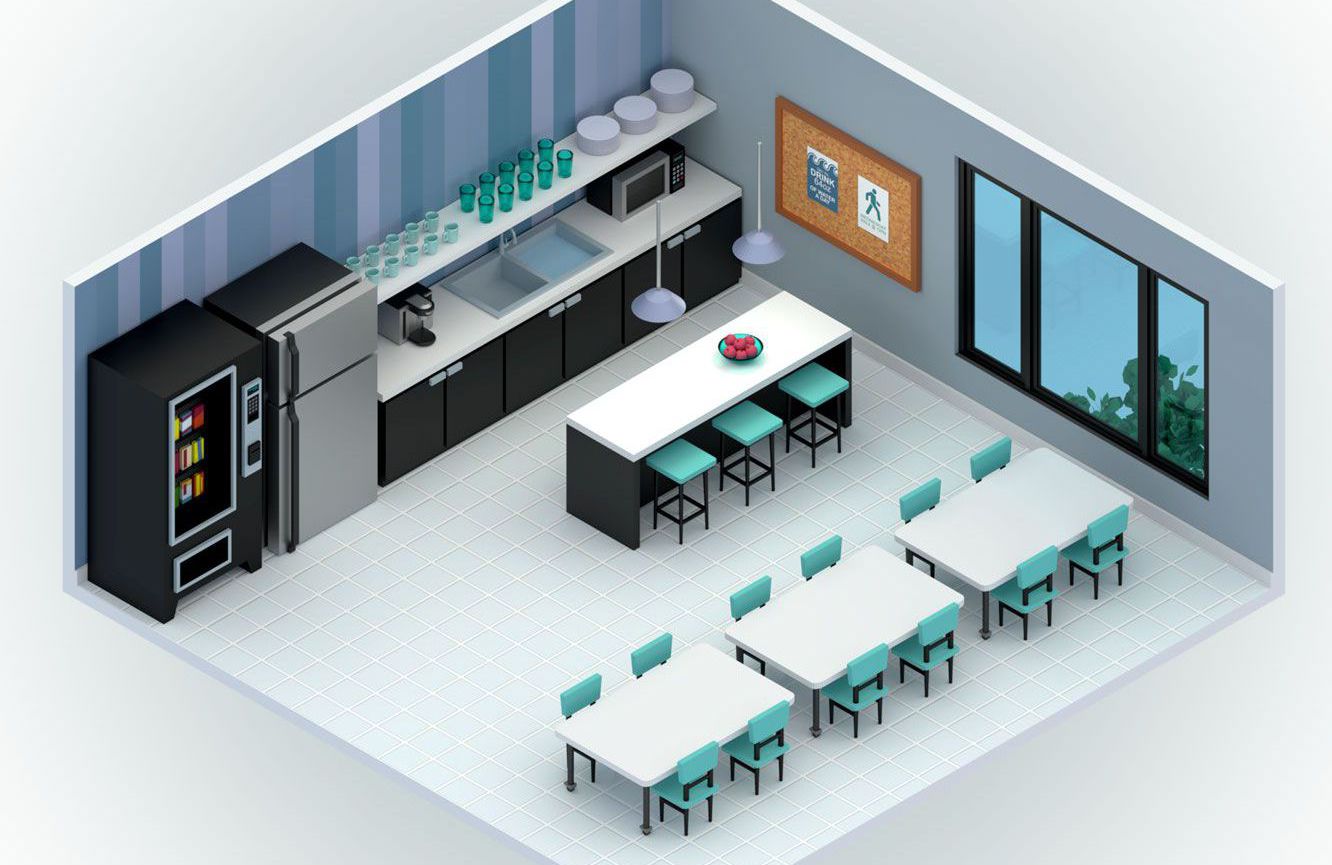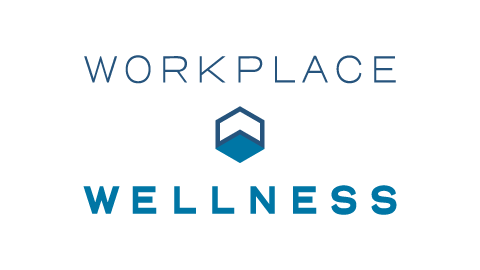FOCUS AREAS
iRT develops tools and resources to translate scientific knowledge into implementation strategies to improve workplace safety and health, with a particular focus on small businesses.
Workplaces are key settings to promote the health and safety of employees. Workplace health initiatives can promote the goals of the employer (e.g., reducing costs and absenteeism, increasing productivity and satisfaction), and the health of the employee inside and outside the workplace.
Design features – including physical design features, available options, programs, and policies – in a workplace can enable healthy behaviors. There is a wealth of research in the behavioral economics and public health literatures on this topic of the behavioral design strategies that promote workplace health and safety. The Centers for Disease Control and Prevention (CDC) have synthesized much of this literature into their Worksite Health Scorecard with evidence-based recommendations for workplace health and safety. However, there is a lack of resources that translate these evidence-based recommendations into practical strategies and steps that are feasible to implement, especially in small business settings.
Building on the CDC’s rigorously developed and evaluated Worksite Health Scorecard, iRT has developed a website for small business owners and architects and interior designers that expands on the CDC’s recommendations in the areas of healthy eating, physical activity, and social cohesion.
The Workplace Wellness Toolkit is a stand-alone, web-based resource that includes a self-assessment, customized report, and implementation toolkit with interactive workplace settings illustrated with behavioral design strategies. The Toolkit includes evidence-based recommendations from the peer reviewed literature and promising practices from the fields of architecture and design that have shown potential to promote healthy behaviors. The self-assessment tool delivers a customized report with implementation guidance to help business owners, especially small business owners, implement recommended strategies. To ensure that the Toolkit was created with the target users in mind, small business owners/administrators, architects, and interior designers provided input during the development of the Toolkit and were also part of the usability testing. The creation of this Toolkit fits within iRT’s commitment to promote the health and well-being of youth and adults.
Dr. Alison Parker conducts research on the resources that business owners and architects need to design and maintain a healthy and safe workplace, as well as evaluating the Workplace Wellness Toolkit for its usability and feasibility of use by key stakeholders.
Dr. Allison Schmidt conducts research on the resources that business owners and architects need to design and maintain a healthy and safe workplace, as well as evaluating the Workplace Wellness Toolkit for its usability and feasibility of use by key stakeholders.

